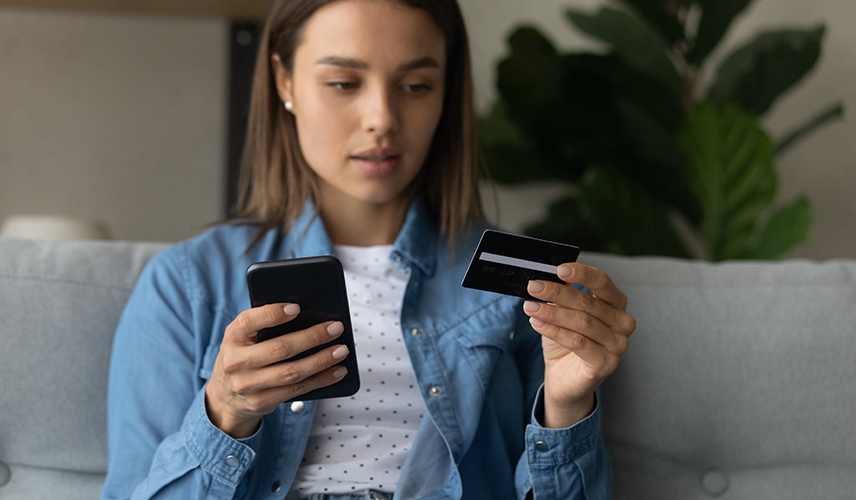
Keeping Safe Online
We take the security of your personal and financial information very seriously and no matter how sophisticated our controls are, we can’t do it alone.
Here are a few ways you can stay safe online with your money.
Sharing your financial details
You wouldn’t share your bank account details online for everyone to see, and the same should happen with your information you hold with us. Your Plan number is just the same as your bank account details.
Use secure websites and networks
When purchasing online or even browsing, make sure the websites you are visiting are secure. On most browsers you will see a padlock near the URL (the search bar at the top), this means the website is secure. If you are unsure you can click into the search bar and if the URL starts with ‘https’ then it means the site is secure – it is the ‘S’ that you are looking for! It is recommended that if the site it not secure that you do not use it. Also be careful when downloading items online – if it looks fishy, don’t download it.
Make sure you have the most up to date anti-virus software on your computers and the most up to date operating systems (the same applies for your mobile). Software updates for your devices will help keep you protected.
If you are providing your information to a company via their website, check their privacy policy and understand how they are processing your data and if they are sharing it with anyone else.
Do not save your login details on your devices, especially those that are shared!
Limiting your data to the public
We don’t realise how much information we put out about ourselves online (including Social Media) that makes it easy for criminals to gather personal information. It is best to keep your social media account private, so you are only sharing this information with people you choose to.
Whether you have your accounts as private, or not, you should still limit the information available for example instead of sharing your full DOB, hide the year you were born. This way, people can still send you birthday posts, but not know your full details (and your age, which some might find as a bonus).
Use strong passwords and update them regularly
One of the simplest and most effective ways to keep safe online and restrict hackers access to your accounts is by having a strong password and updating it regularly.
Your password should have a mix of letters; lowercase and capitals, numbers and special characters like ‘!@£’. Avoid using your personal information, such as DOB, or your name within your password or common phrases. Come up with a non-related word for a password and change some of the characters to letters and special characters.
Careful who you meet online
Unfortunately, not everyone who you meet online is who they claim to be; from fraudsters to robot hackers – so when talking to someone online, be extra vigilant. Do not share your personal information, send any money or click on links they have sent.
Watch out for phishing emails
These emails, or sometimes texts, want users to disclose private account or login information.
If you receive these emails delete them and do not click on the links.
If you receive an email or text about a payment being missed and you think something isn’t right, call your provider to confirm (do not use any contact details contained in the email or text). A tip to identify these phishing emails is to look at the sender. Most companies will have their company name as the sender (and not a random number) and the email sender will look legit.
If ever in doubt, don’t chance it. Call your provider.
With the ever changing online world we are sharing more and more data, and we need to ensure we are being safe online.




